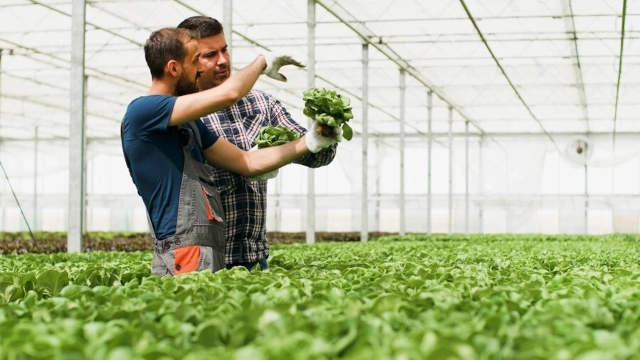Description: Growing crops hydroponically is indeed a sustainable and environmentally beneficial way, & Kamala Farms, a prominent hydroponics facility in Chennai, is dedicated to promoting this cutting-edge technology. Hydroponic farming is a fantastic option for contemporary agriculture because it has a number of positive environmental effects.
Reduced Water Use: Compared to conventional agricultural techniques, hydroponic farming can save up to 90% of water. This is so that less water is used to grow crops thanks to hydroponic systems’ recycling of water. Advanced hydroponic technology is used by Kamala Farms to increase water efficiency and minimise waste.
Erosion of the soil is not a concern because hydroponic farming doesn’t require soil. Nutrient loss, depletion of soil fertility, and sometimes even land damage can result from soil erosion. The use of hydroponics by Kamala Farms reduces the demand for soil, lowering the impact of agriculture on the environment.
Reduced Carbon Footprint: Compared to conventional farming techniques, hydroponic farming emits less greenhouse gas. This is so that less space and less energy are needed to grow crops using hydroponic systems. To further lower their carbon impact, Kamala Farms uses sustainable energy sources like solar electricity.
Pesticides are not necessary in hydroponic farming since the controlled atmosphere of these systems makes pests and diseases less likely. This makes it possible for Kamala Farms to farm without the need for dangerous chemicals, benefiting the both environment and customers.
Reduced Food Waste
Because hydroponic farming yields more per square metre than conventional agricultural techniques, it can considerably minimise food waste. This is so that plants can grow more quickly and more healthily. Production systems can be adjusted to provide the best growth environment for each crop. In order to minimise food waste, Kamala Farms makes sure that all of its produce was harvested at the height of freshness.
Year-Round Crop Production
Kamala Farms is capable of growing new, healthy produce even in the off-season because to hydroponic farming, which allows for year-round crop production. As a result, there is less need for produce to be transported over great distances, further lowering their carbon footprint.
In conclusion, Kamala Farm, a hydroponics facility in Chennai, is dedicated to encouraging environmentally friendly and sustainable agricultural practises. Many environmental advantages of hydroponic farming include less water use, no soil erosion, a smaller carbon footprint, the absence of pesticides, less food scraps, and the year crop production. Advanced hydroponic technology is used by Kamala Farms to guarantee the freshness, quality, and sustainability of their crops. We can encourage sustainable agriculture and lessen the negative effects of food production on the environment by utilising hydroponic farming.




